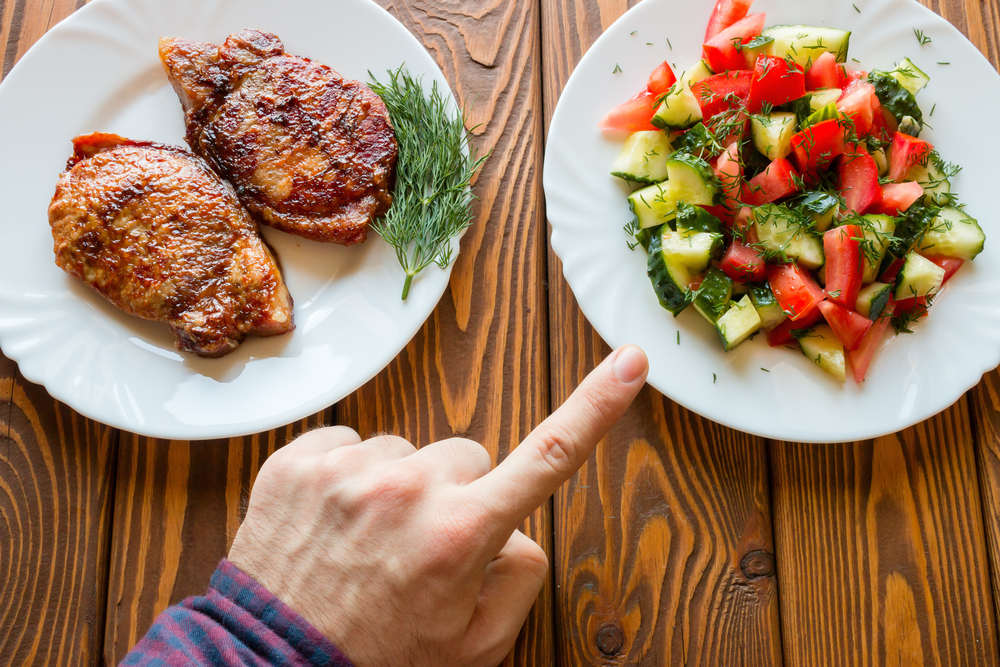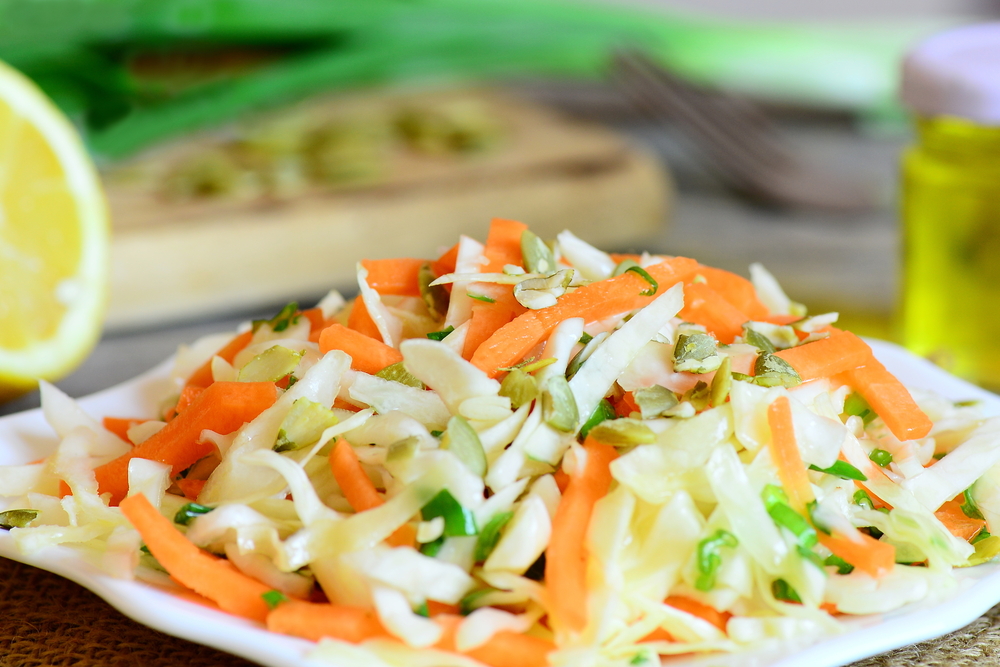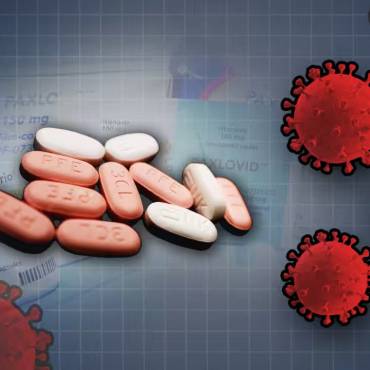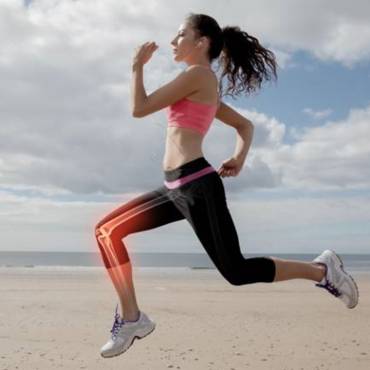Pregnancy is a special and beautiful journey of creating a new life. During this time, your food requirements increase to support the growth and development of the baby. At this time, it is extremely important to eat nutritious, high-quality food and avoid foods that may cause harm to your fetus.
Tune your diet accordingly
Once you conceive, your body requires more protein, more of certain vitamins and minerals such as iron and folic acid. You need more calories so that your body produces more energy. You can improve your baby’s health by eating highly nutritious diet. Here, eating better doesn’t mean eating a lot. It is important to carry a healthy weight during the first trimester to avoid additional calories. In the second trimester, a pregnant woman requires about 340 extra calories per day, while 450 extra calories daily in the third-trimester for a healthy growth of the baby. Moreover, if you start off with overweight or underweight, then you may require more or fewer calories than this, depending on your priority, how much you want to gain or lose.

Also Read: How Asthma symptoms can be controlled and treated
Eat Essential nutrients
Consuming a variety of nutrients is a great strategy while you are pregnant. Provide your baby with the widest array of possible nutrients. Here is healthy diet food that must be consumed while a lady is pregnant:
- Protein- The body of pregnant women requires ten extra grams of protein per day to assist the growth of the fetus. You will get protein from soy, chicken, pork, beef, eggs, lentils, peanut butter, fish, and dried beans.
- Calcium- Calcium is very important for the development bones of your baby. It is also required for healthy teeth so make sure you add it enough amounts to your healthy diet plan. You can find calcium in tofu, orange juice, cheese, broccoli, okra, fortified soy milk, yogurt, and milk.
- Fiber- It is helpful in reducing the risk of developing constipation issues and hemorrhoids in pregnant women. Fiber-rich foods will also help you feel full and satisfied all the time. Fiber-containing foods include pasta, seeds, nuts, whole grain bread, cereals, apples, pears, oranges, berries, broccoli, tomatoes, carrots, and potatoes with the skin.
- Folate- This is necessary to consume during pregnancy as it helps prevent neural tube defects that develop early in pregnancy. Women are advised to eat 400 micrograms a day before continuing. It is a vital mineral during the first trimester, and you need to jump to 600 micrograms. Folate is present in fortified breakfast cereals, strawberries, oatmeal, broccoli, bread, rice, fortified pasta, lentils, orange juice, and spinach.
- Fat- Fat is important for proper growth and development of a child. It plays a significant role in developing brain and nervous system of an unborn child. It is a great source of energy and helpful in transporting vitamins through your body.
Skip unhealthy foods
Some food items can be dangerous and harm your baby. Stay away from these foods when you are pregnant:
- Soft cheese
- Mexican cheese
- Raw or uncooked meat or poultry
- Raw seafood such as oysters or uncooked sushi
- Unpasteurized milk and cheese made from unpasteurized milk
- Alfalfa sprouts
- Hot dogs, sausages, and other processed meats
- Swordfish, tilefish, king mackerel, and tuna steak
- Alcoholic beverages
All these food items are sources of bacteria that can be harmful to your unborn child.
Also Read: Asthma Treatments to Help You Breathe Better
Stay hydrated
It can be difficult to run to the bathroom frequently while you are pregnant, but this doesn’t mean you reduce your fluid intake because of it. Staying hydrated is more important than ever now. It is necessary to drink more water during pregnancy as the amount of blood has increased in your body. Furthermore, Fluid intake can help you fight constipation and fatigue that a majority of women experience during pregnancy.



